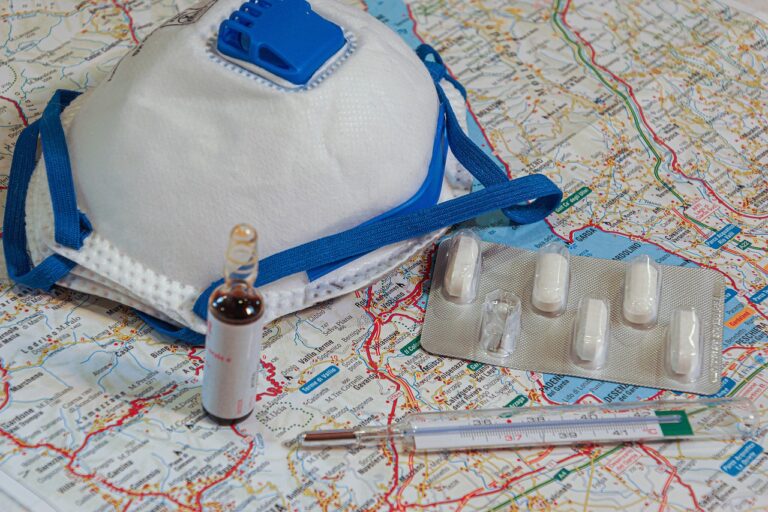Regulatory Considerations for Biosimilar Monoclonal Antibodies: 11xplay online id, Diamondexch9 login, Sky exchange registration
11xplay online id, diamondexch9 login, sky exchange registration: Biosimilar monoclonal antibodies have revolutionized the biopharmaceutical industry by providing more affordable treatment options for patients. However, navigating the regulatory landscape for biosimilar monoclonal antibodies can be complex and challenging. In this blog post, we will discuss some key regulatory considerations that manufacturers need to keep in mind when developing biosimilar monoclonal antibodies.
Understanding the Regulatory Pathway
The regulatory pathway for biosimilar monoclonal antibodies is governed by the Biologics Price Competition and Innovation Act (BPCI Act) in the United States and the European Medicines Agency (EMA) in Europe. Manufacturers need to demonstrate that their biosimilar product is highly similar to an approved reference monoclonal antibody in terms of quality, safety, and efficacy.
Analytical Similarity
One of the critical components of demonstrating biosimilarity is establishing analytical similarity between the biosimilar and the reference product. This involves a robust comparative analysis of the physiochemical and functional characteristics of the two products.
Clinical Studies
While clinical studies are not always required for biosimilar monoclonal antibodies, manufacturers may need to conduct comparative clinical trials to demonstrate similarity in terms of safety and efficacy. These studies are essential for gaining regulatory approval and building confidence among healthcare providers and patients.
Extrapolation of Indications
Extrapolation allows manufacturers to apply data from one indication of the reference product to support approval for additional indications. This can streamline the regulatory process and expedite market access for biosimilar monoclonal antibodies.
Post-Marketing Surveillance
Post-marketing surveillance is crucial for monitoring the safety and efficacy of biosimilar monoclonal antibodies once they are on the market. Manufacturers need to establish robust pharmacovigilance programs to monitor any potential adverse events and ensure patient safety.
Global Harmonization
As biosimilar monoclonal antibodies are developed for a global market, manufacturers need to navigate regulatory requirements in multiple jurisdictions. Global harmonization efforts are underway to streamline regulatory pathways and facilitate the approval of biosimilar products across different regions.
FAQs
Q: Are biosimilar monoclonal antibodies as safe and effective as the reference products?
A: Yes, biosimilar monoclonal antibodies undergo rigorous testing to demonstrate their similarity to the reference product in terms of safety and efficacy.
Q: Can biosimilar monoclonal antibodies be used interchangeably with the reference product?
A: Interchangeability is a separate designation granted by regulatory authorities. Healthcare providers should follow guidance from regulatory agencies when considering interchangeability.
Q: How do regulatory considerations impact the pricing of biosimilar monoclonal antibodies?
A: Regulatory considerations can influence the development timeline and cost of bringing biosimilar monoclonal antibodies to market, which can impact pricing strategies.
In conclusion, regulatory considerations are paramount when developing biosimilar monoclonal antibodies. Manufacturers must navigate a complex landscape to demonstrate the safety, quality, and efficacy of their products. By adhering to regulatory guidelines and investing in robust analytical and clinical studies, manufacturers can bring affordable treatment options to patients while maintaining the highest standards of quality and safety.







